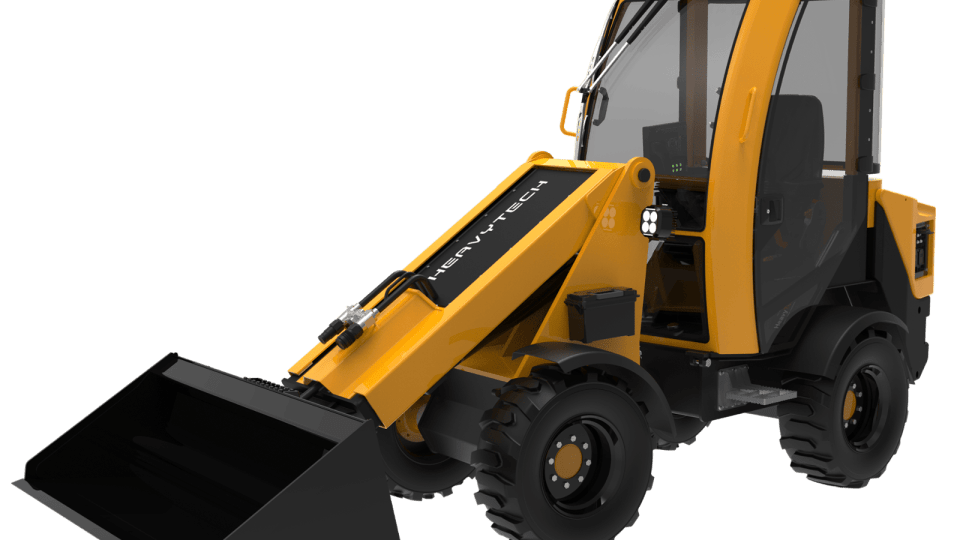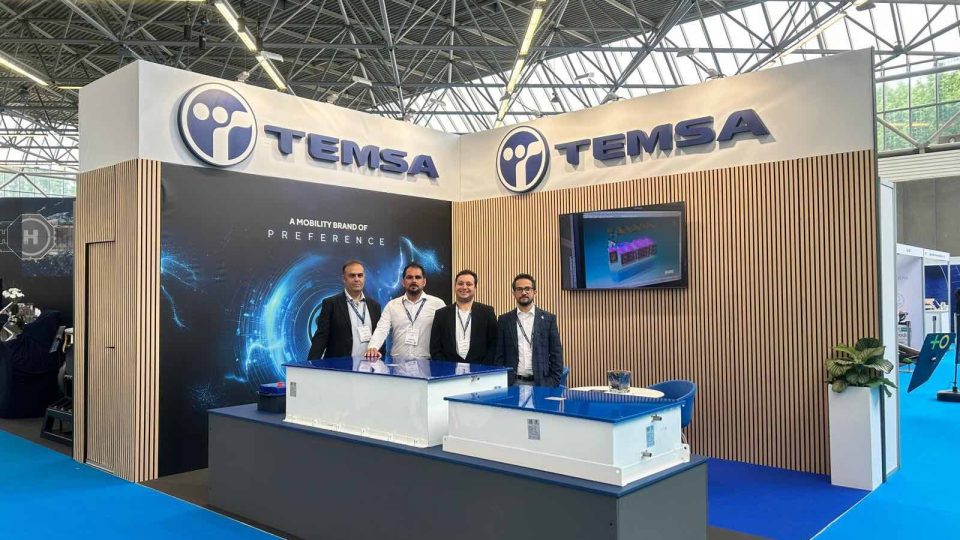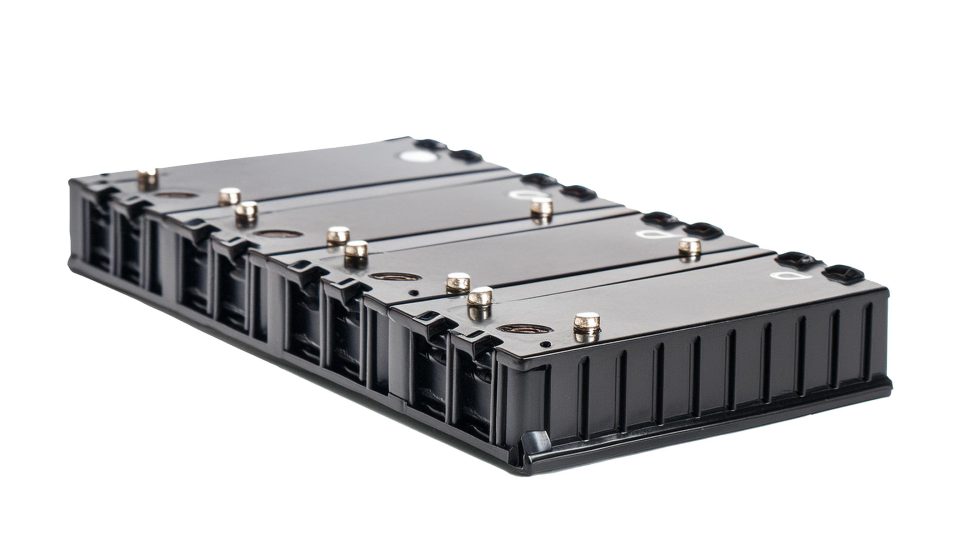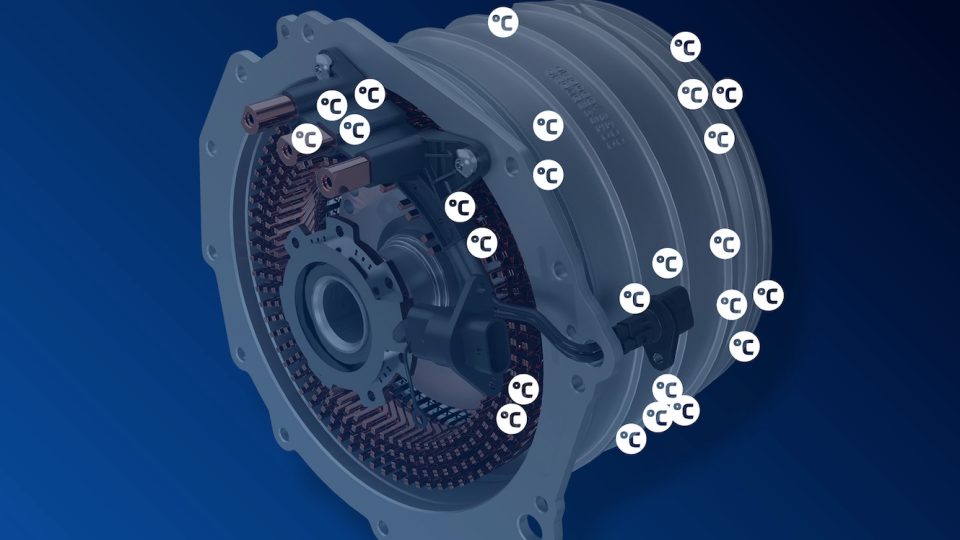Autogas Italia and LPG. Also in the water
Autogas Italia and LPG, a combination that is also to be affirmed at sea. There are more than 3000 bi-fuel LPG conversions for marine applications. A retrofit that is apparently not only fashionable among forklifts. Autogas Italia and LPG The company, in conjunction with Ecomotive Solutions, member of Holdim Group, has for several years been […]
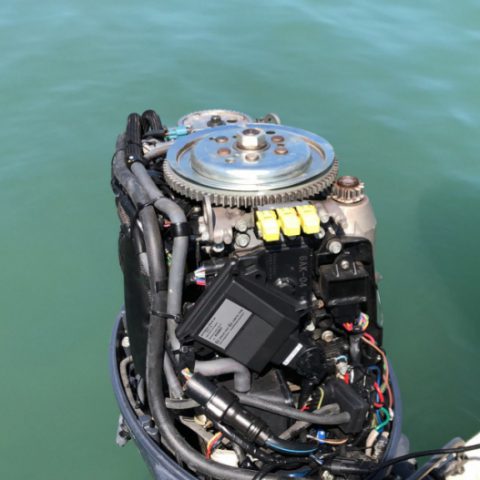
Autogas Italia and LPG, a combination that is also to be affirmed at sea. There are more than 3000 bi-fuel LPG conversions for marine applications. A retrofit that is apparently not only fashionable among forklifts.
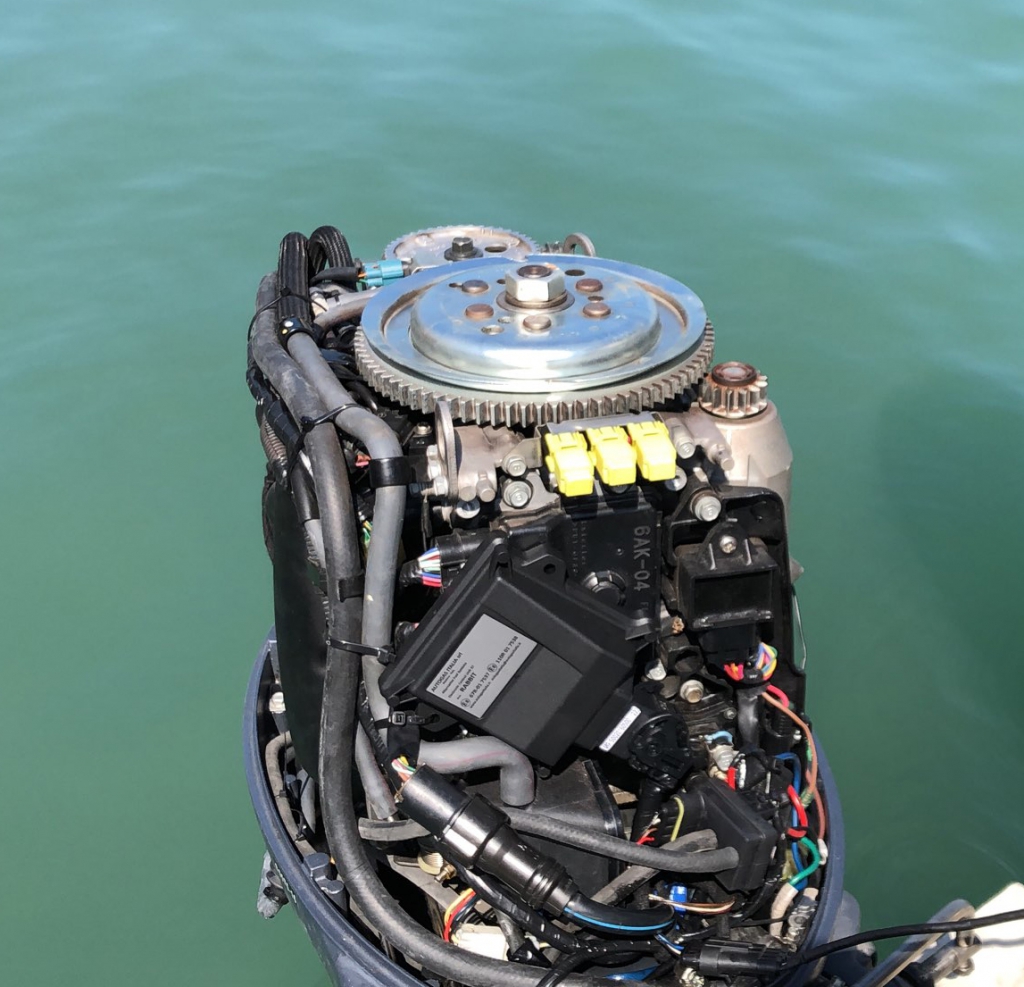
Autogas Italia and LPG
The company, in conjunction with Ecomotive Solutions, member of Holdim Group, has for several years been developing systems that, when applied to outboard engines, allow them to run on bi-fuel petrol LPG and in some applications on LPG alone. Emissions from marine engines tend to be concentrated in specific areas such as ports (both coastal and recreational), lakes and rivers, causing high localised levels of pollutants such as CO, HC and NOx. Most of the bi-fuel outboard engines that use the systems produced by the Modena-based company sail in South American countries, where, thanks to collaboration with local companies in the nautical sector, technical developments and conversions have been carried out on engines from 40 to over 200 HP.
How the bi-fuel LPG system works
The system, which technically derives from the automotive sector, takes LPG in its liquid phase from the tank (or tanks, if there is more than one) and converts it into gas thanks to a pressure reducer modified for nautical use. The gas in its gaseous phase is sent to the engine and injected cylinder by cylinder by means of injectors controlled by an electronic control unit that manages the entire gas system in dialogue with the engine’s original electronics. Given the type of use, the control unit is completely sealed/resin-finished to prevent water from entering the electronic components.
«The ‘ecological’ aspect,» explain Autogas Italia’s R&D technicians, «is primary and is important in all converted engines, but it is particularly and specifically used on large fishing farms, where the use of boats with LPG-fuelled engines to move between fish farms helps to maintain clean waters for a higher quality catch, even if the protection of coastal or lagoon waters is not negligible. The economic aspect is more considered, or rather becomes preponderant, by those who use boats for daily or long-distance transport of people or goods, given the high fuel consumption per hour of travel». Tests carried out by various institutes over the years on the reduction of polluting emissions when outboard engines run on LPG have shown a significant reduction in the most harmful pollutants, such as CO, HC and NOx, with a simultaneous improvement in water quality. Autogas Italia has designed and implemented new injection systems that allow bi-fuel engines to maintain the same performance during gas operation and at the same time a significant reduction in pollutant emissions for the benefit of water.






